President Putin has made many commitments and programs to improve people's lives and Russia's position when he was re-elected for a fifth term.
Preliminary vote counts show that Vladimir Putin has defeated the three remaining candidates in Russia's presidential election today, winning re-election with an overwhelming majority and will continue to lead the country for the 2024-2030 term. According to the Russian constitution amended in 2021, Putin can theoretically run for another 6-year term, which would allow him to stay in office until 2036.
The scenario of staying in power for another 12 years gives Mr. Putin, 71, plenty of time to implement his commitments and action programs, aiming to consolidate the political legacy he has built over the past nearly 25 years.
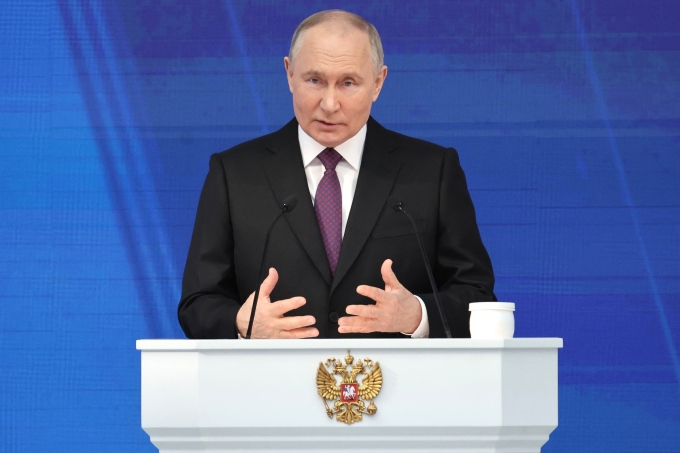
President Vladimir Putin delivers his State of the Union address at the Gostiny Dvor conference center in Moscow on February 29. Photo: AFP
Mr. Putin led Russia from early 2000 as acting president, after Boris Yeltsin unexpectedly resigned. He served as president from 2000-2004, 2004-2008, 2012-2016 and 2016-2024, and as prime minister from 2008-2012. The Russian Constitution at that time stipulated that the president could not serve more than two consecutive terms.
Russia has achieved many remarkable achievements during Mr. Putin's time in power. Along with that, the country's economy has remained stable despite the West imposing a series of sanctions in response to Russia's campaign in Ukraine, helping to further consolidate the Kremlin boss's position.
During his election campaign, President Putin pledged to extend government-backed low-cost mortgages to help young families, especially those with children, financially. He vowed to devote more resources to health care, education, science, culture and sports.
When reading the Federal Message on February 29, President Putin continued to outline his vision for Russia in the coming years, emphasizing the task of improving people's lives.
"Poverty remains a serious problem, directly affecting more than 9% of the population. Among large families, the poverty rate exceeds 30%. We need to make constant efforts to improve the quality of life of families with young children and raise the birth rate," Putin said.
President Putin has set a target of reducing the poverty rate in Russia to below 7% by 2030. He has also outlined a series of other initiatives to increase the average life expectancy of people, currently around 73 years old, to at least 78 years old by 2030, and then beyond 80 years old. Along with that is a project to support Russian youth to develop the future, human resource policies for professional fields, education and training.
He also pledged to provide incentives for small businesses and ease state pressure on the private sector. "We are one big family. We will do everything we have planned together," Putin said.
In foreign affairs, Mr. Putin accused the West of trying to divide Russia and weaken it. He added that Russia would not allow any party to interfere in its internal affairs.
Russia in Putin's fifth term could adopt a tougher policy toward the West, while strengthening relations with China, India and developing countries.
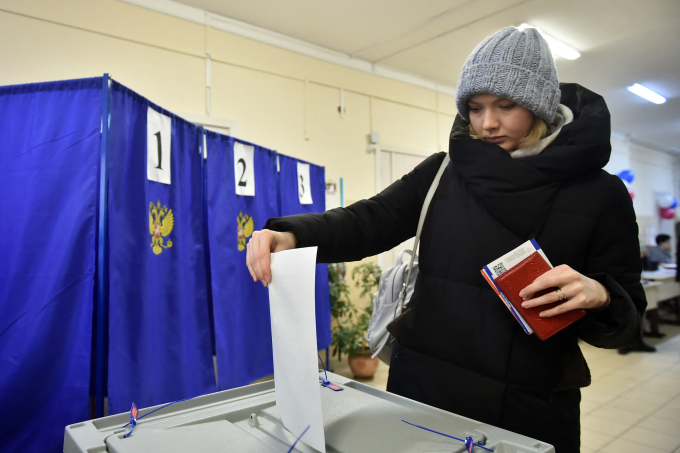
Russian voters cast their ballots in Novosibirsk, Siberia on March 15. Photo: AFP
Observers believe that after his re-election, Mr. Putin may be even more aggressive in the war in Ukraine. Some are concerned about the possibility of a second wave of Russian military mobilization and Moscow launching a new, large-scale offensive.
Russia issued a call-up order in September 2022, mobilizing 300,000 troops, some of whom were deployed to Ukraine. At his annual press conference in December 2023, Putin dismissed the possibility of a second call-up, but experts say it is inevitable given Russia’s shortage of manpower on the battlefield.
"The Russian presidential election is not as important as what happens after it. Mr. Putin usually avoids making unpopular moves before the election," said Bryn Rosenfeld, a professor at Cornell University in New York.
“Russian leaders are talking about ‘unifying society around defense needs,’” said Brian Michael Jenkins, a senior adviser at the RAND Corporation, a California-based think tank. “The exact meaning of this phrase is unclear, but it suggests they understand that the war could be protracted and therefore require a lot of resources.”
Tatiana Stanovaya, a researcher at the Carnegie Center for Russia and Eurasia, said Mr Putin could also avoid a second call-up by offering better treatment to soldiers, attracting people from poor regions to sign up to improve their incomes.
As Western support for Ukraine shows signs of waning, President Putin may also test NATO's resolve.
Alexandra Vacroux, executive director of the David Center for Russian and Eurasian Studies at Harvard University, said Mr Putin would seek to assess Article 5 of the NATO treaty. Under that provision, any attack on one member of the alliance is considered an attack on all, with a coordinated NATO response.
"To do so, Russia will have to find the right situation to test Article 5, and if NATO's response is only low-level or unclear, Moscow will see this military alliance as a paper tiger," Vacroux commented.
Nhu Tam (According to AP, Reuters )
Source link



![[Photo] Prime Minister hands over decisions on receiving, transferring and appointing leaders of ministries and agencies](https://vphoto.vietnam.vn/thumb/1200x675/vietnam/resource/IMAGE/2025/9/4/b2445ecfd89c48bdb3fafb13cde72cbb)
![[Photo] Prime Minister Pham Minh Chinh chairs the thematic meeting on law making in August 2025](https://vphoto.vietnam.vn/thumb/1200x675/vietnam/resource/IMAGE/2025/9/4/ba42763cd48e4d7cba3481640b5ae367)

![[Photo] Politburo works with the Standing Committee of the Party Committee of the Fatherland Front and Central organizations](https://vphoto.vietnam.vn/thumb/1200x675/vietnam/resource/IMAGE/2025/9/4/6f23e5c0f576484bb02b3aad08f9d26a)
![[Photo] Politburo works with the Standing Committee of Lai Chau Provincial Party Committee](https://vphoto.vietnam.vn/thumb/1200x675/vietnam/resource/IMAGE/2025/9/4/f69437b9ec3b4b0089a8d789d9749b44)
![[Photo] Politburo works with the Standing Committee of Can Tho City Party Committee](https://vphoto.vietnam.vn/thumb/1200x675/vietnam/resource/IMAGE/2025/9/4/10461762301c435d8649f6f3bb07327e)
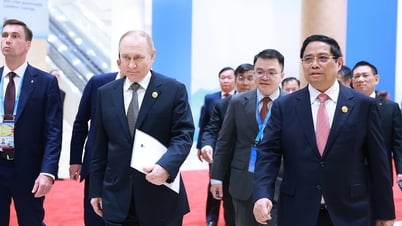



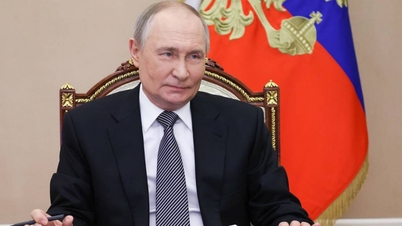







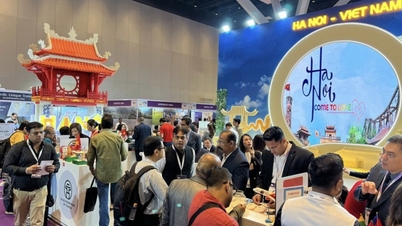
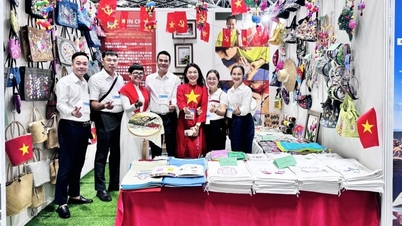
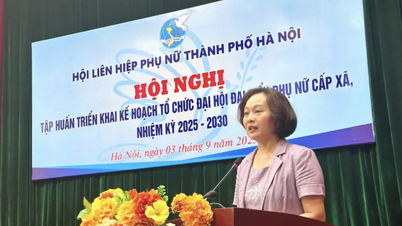
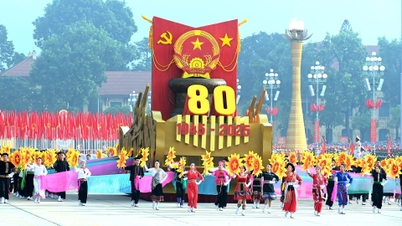
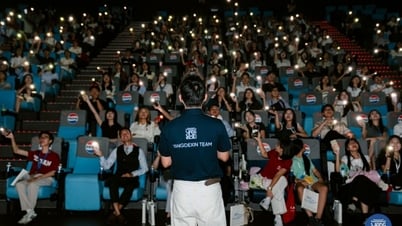

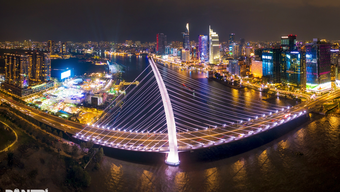
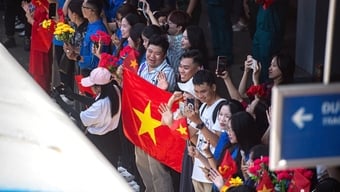
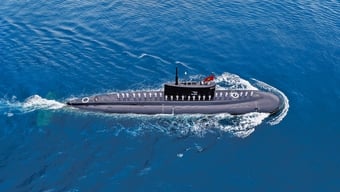








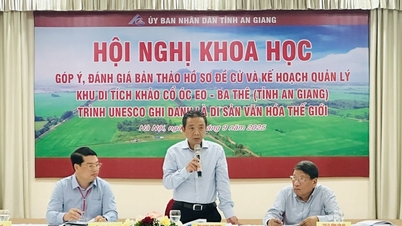
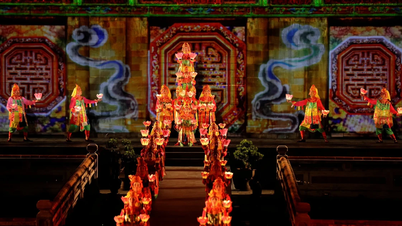






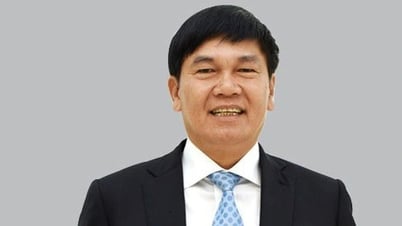





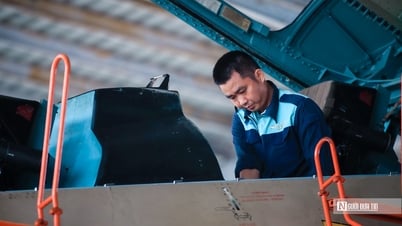

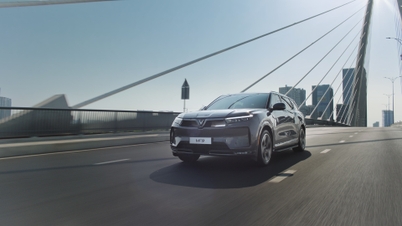

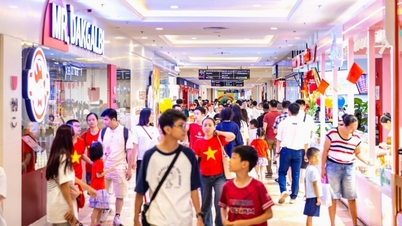



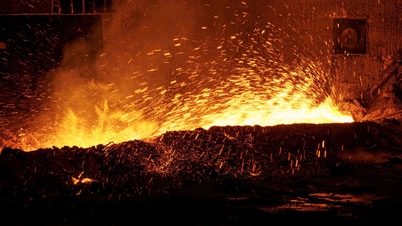




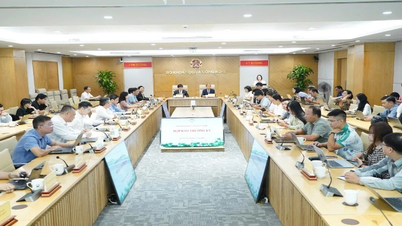

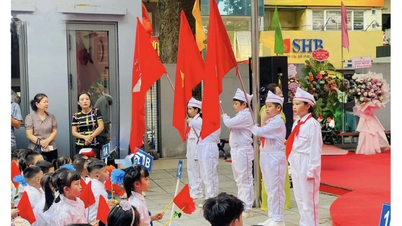


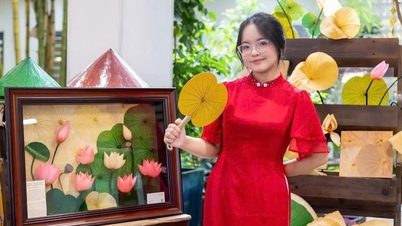



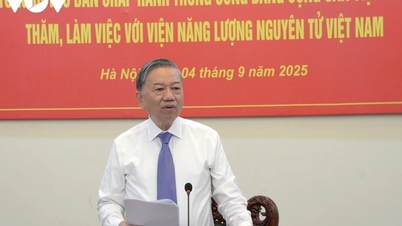
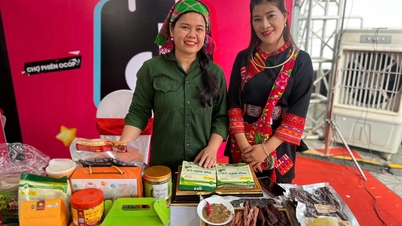

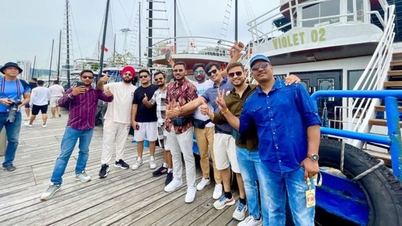

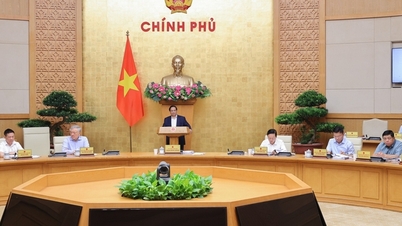
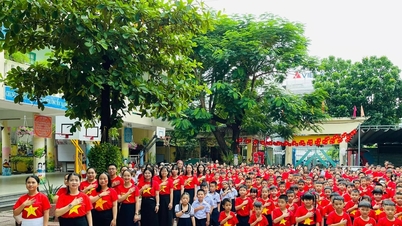

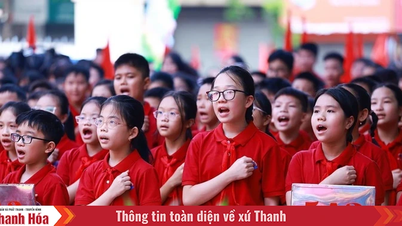

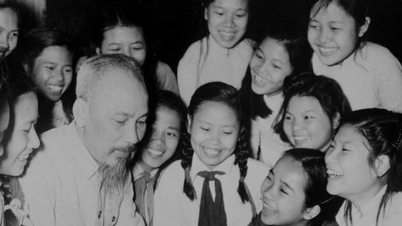
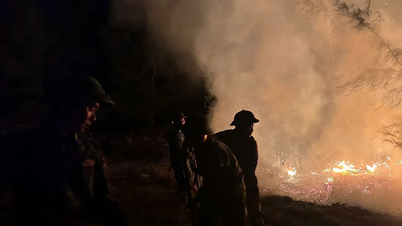



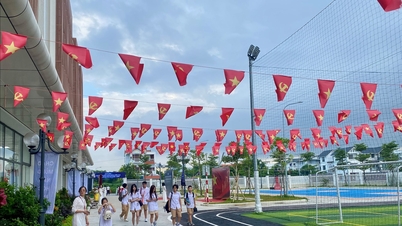



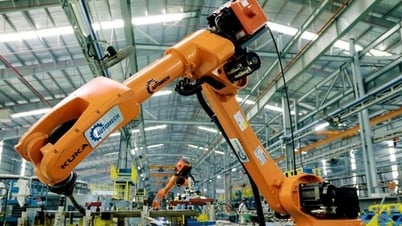

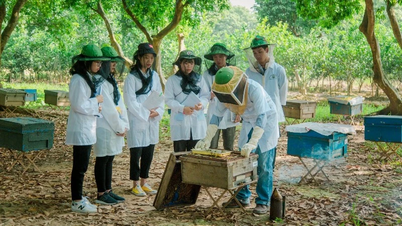

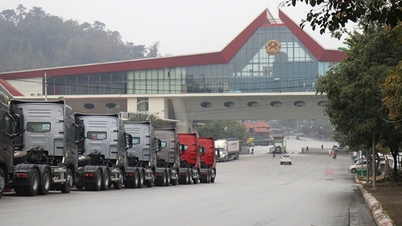
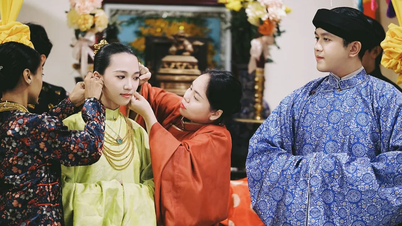





Comment (0)